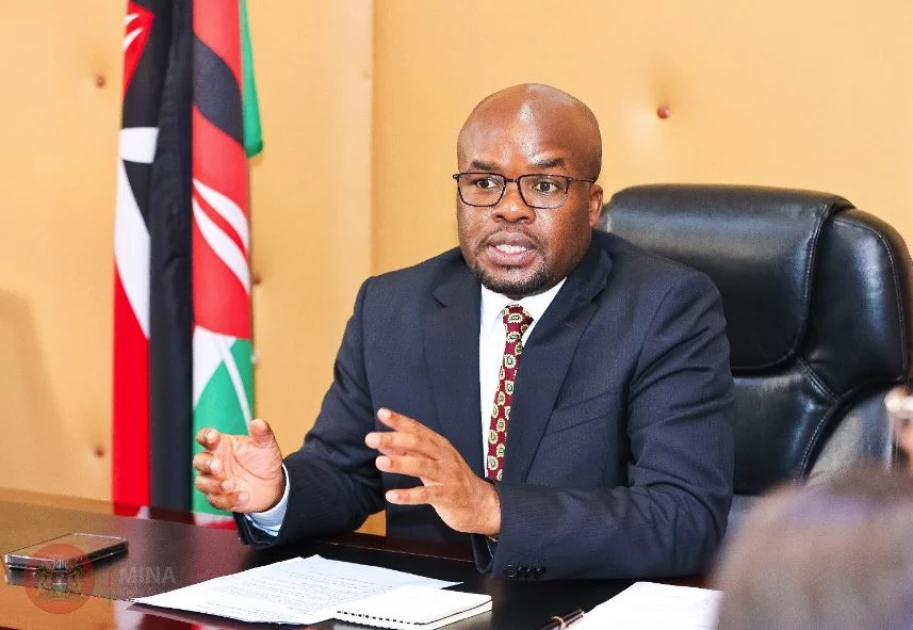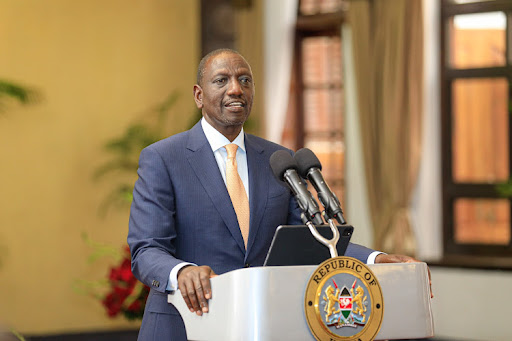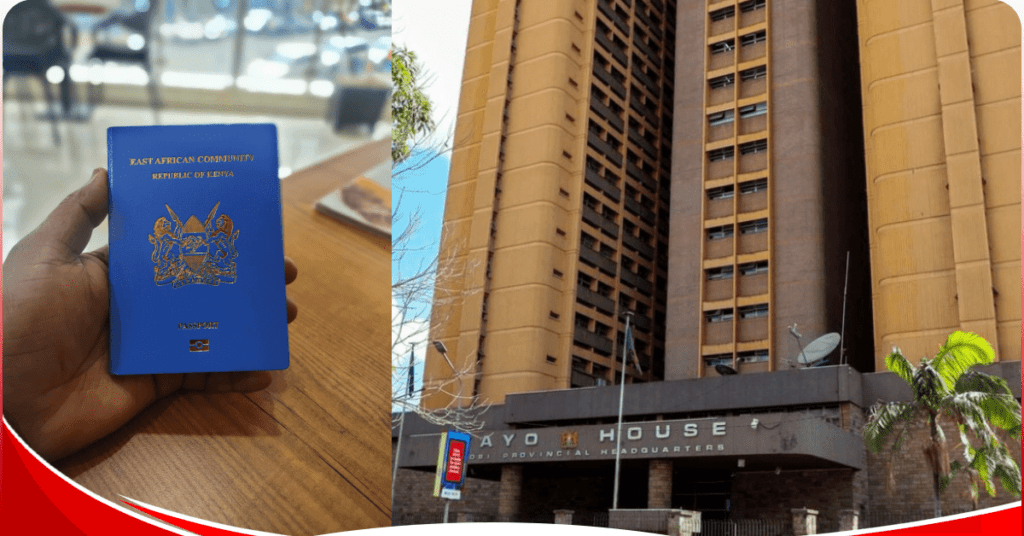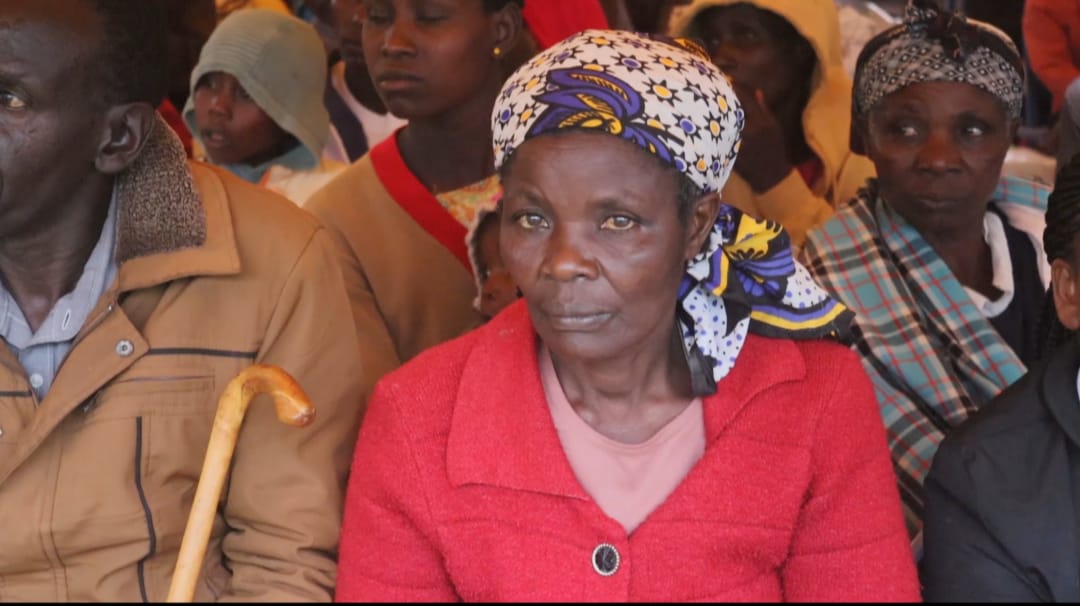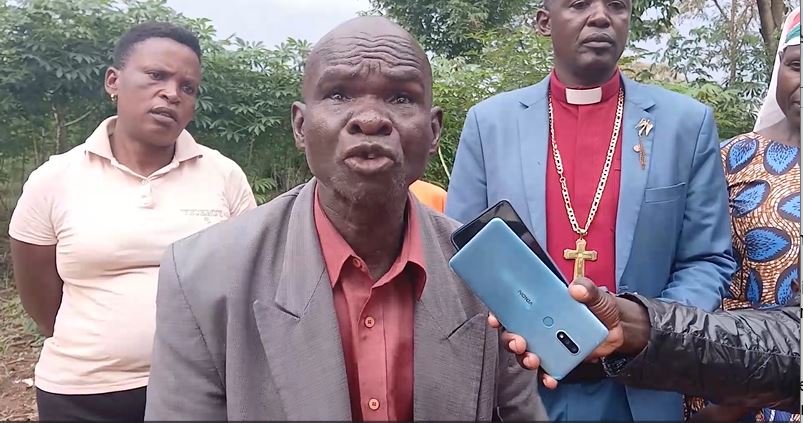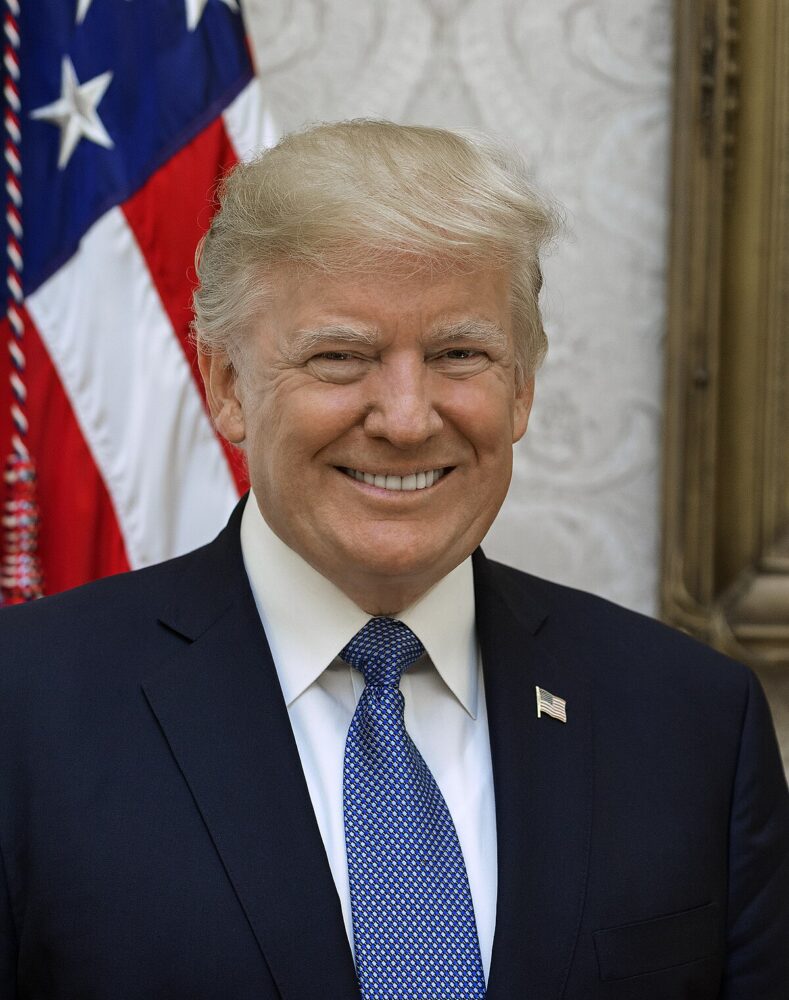The government is exploring the establishment of a centre for reporting and sharing information so as to mitigate the negative impact of fraudulent digital activities, in a bid to protect Kenyans from cyber threats.
This was discussed during a meeting that brought together different government and private stakeholders on Thursday, January 16.
During the meeting, attended by Interior and National Administration Principal Secretary Dr. Raymond Omollo, there was consensus among the stakeholders that further action is required to ensure a safer digital environment.
The outright violations on digital platforms, the stakeholders agreed, must be addressed through collaborative efforts to gain an upper hand in effectively navigating the misuse and abuse of social media.
In a statement to newsrooms, PS Omollo asserted that various digital platforms must actively monitor and take action against violent, hateful, unbalanced, and unmoderated content.
The PS is of the school of thought that defining the responsibilities of various stakeholders—whether government agencies, telcos, or content platforms—is essential for an efficient and coordinated approach.
“Greater firmness is required from telcos and platform owners in addressing criminal activities online. The increasing trend of individuals using social media irresponsibly, disregarding the limits of free speech, demands urgent action,” PS Omollo said.
He added: “Given the real-world impact of digital actions, a more pronounced physical presence of enforcement agencies is essential. Furthermore, sustained public sensitization on responsible use of internet will be prioritized by various stakeholders to foster a safer online environment for all.”
National framework for content moderation
Consequently, the government — through the Ministry of Interior — is mulling over the establishment of a national framework for content moderation and filtering to ensure responsible access to digital content.
“We must also implement effective deterrent measures against repeat offenders to curb digital misconduct. The Ministry remains committed to fostering a secure, accountable, and inclusive digital space where innovation thrives while ensuring that technology is not exploited for malicious purposes,” PS Omollo noted, underscoring the need for a collective obligation to ensure the responsible and secure use of various digital platforms, as well as the need for strengthened collaboration between the Government and telecommunications operators, and social media organizations.
Integral to Kenya Kwanza Gov’t
Technology is at the heart of service delivery, with President William Ruto’s administration continuing to leverage on Information Communication Technologies (ICTs) as a prime mover in fulfilling its Bottom-Up Economic Transformation Agenda (BETA).
To achieve this, more than 20,000 services have already been onboarded to the eCitizen platform, demonstrating the transformative power of technology in governance, including enhancing efficiency, transparency, ease of doing business and fighting corruption.
Furthermore, Kenya’s robust creative economy has gained global recognition, with President Ruto securing agreements with various platforms such as YouTube, X (formerly Twitter), and Facebook to enable Kenya’s youth to monetize their digital content. This aligns with the government’s vision of fostering innovation and digital entrepreneurship.
“However, as the digital space grows, so do the challenges associated with its misuse. In this regard, the Ministry, through the National Computer and Cybercrime Co-ordination Committee (NC4), has been actively coordinating efforts to enable a secure cyberspace for government and the great people of Kenya,” a statement from the Interior Ministry reads. “One of these efforts is the enactment of the Computer misuse and Cybercrime (Critical Information Infrastructure and Cybercrime Management) regulations, 2024 that operationalizes the Computer Misuse and Cybercrimes Act (CMCA).”


